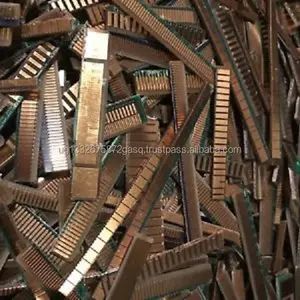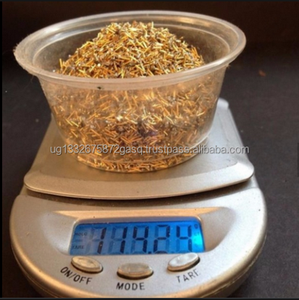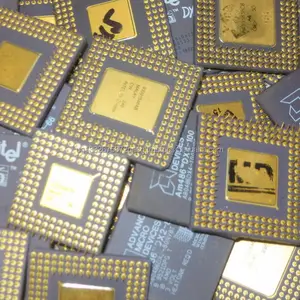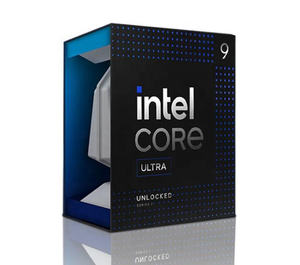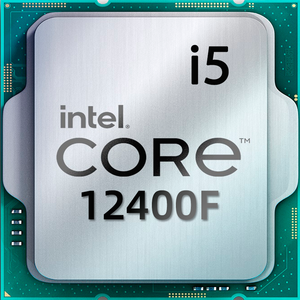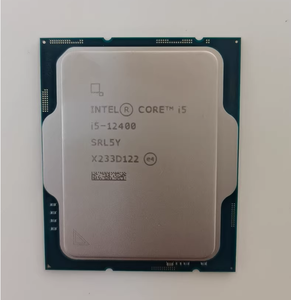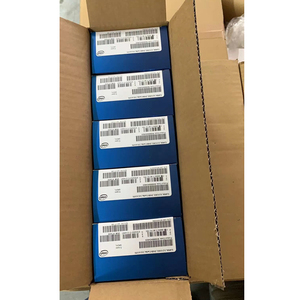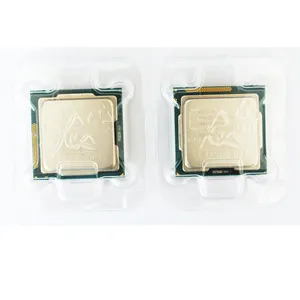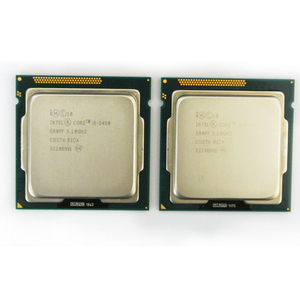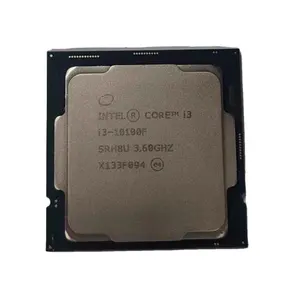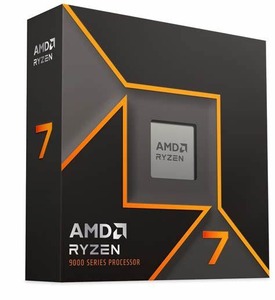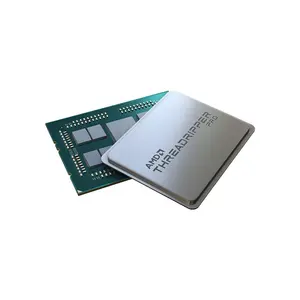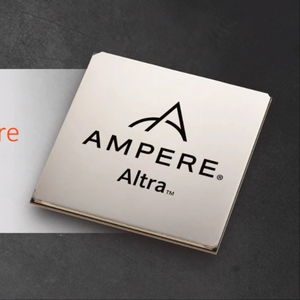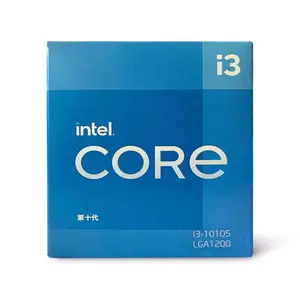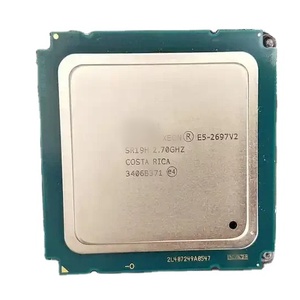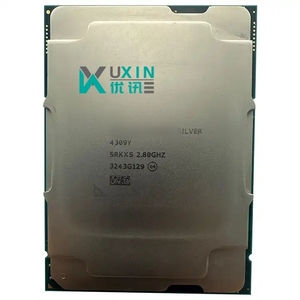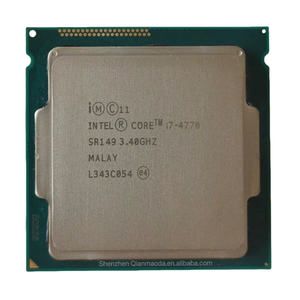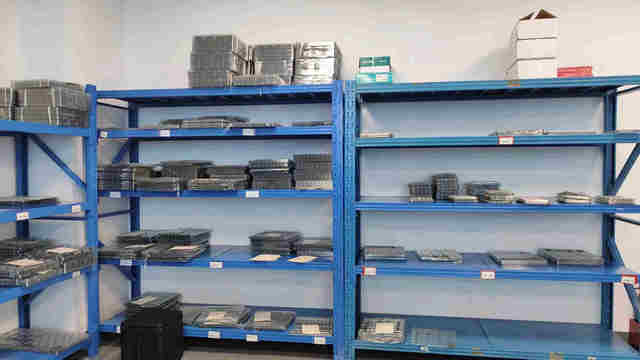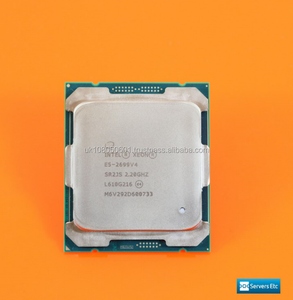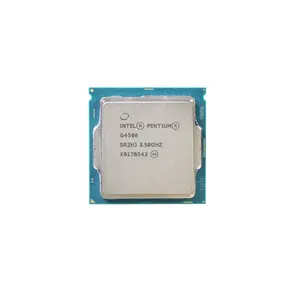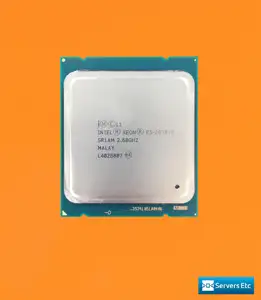Brands Of Cpu Processors







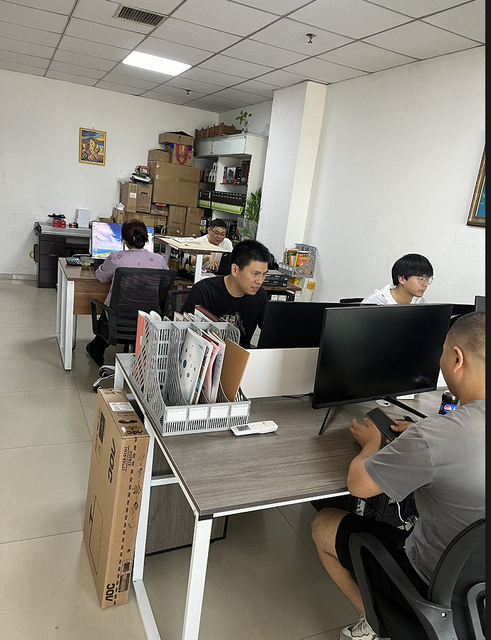




 1/3
1/3

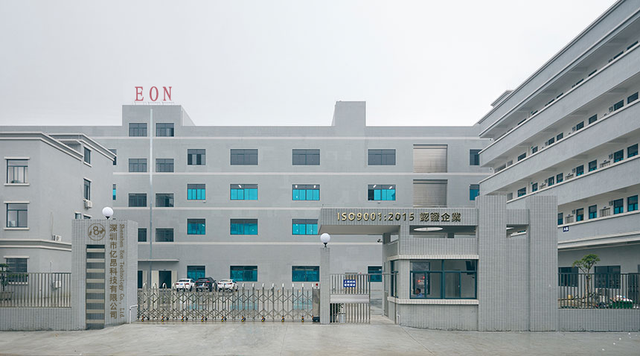











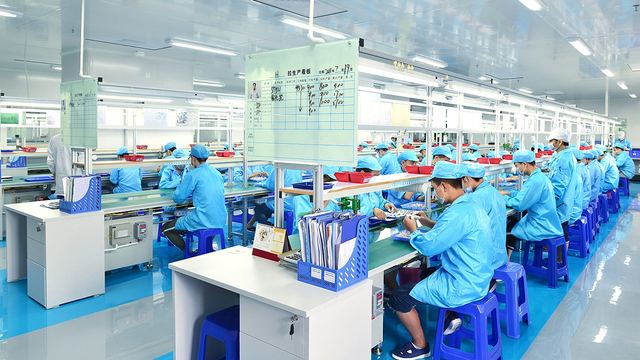

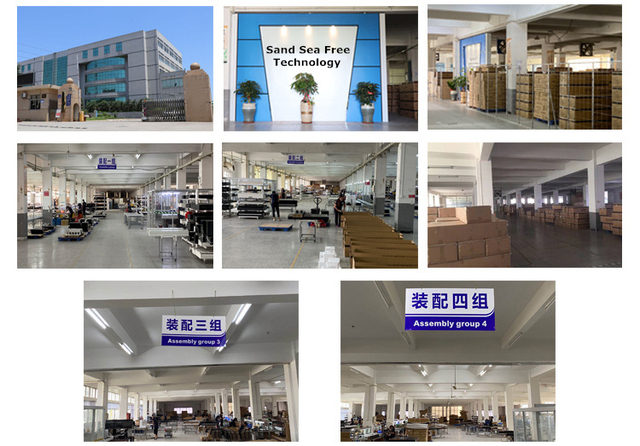










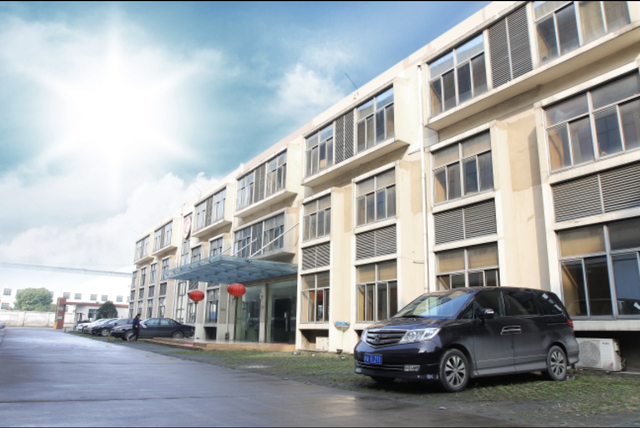








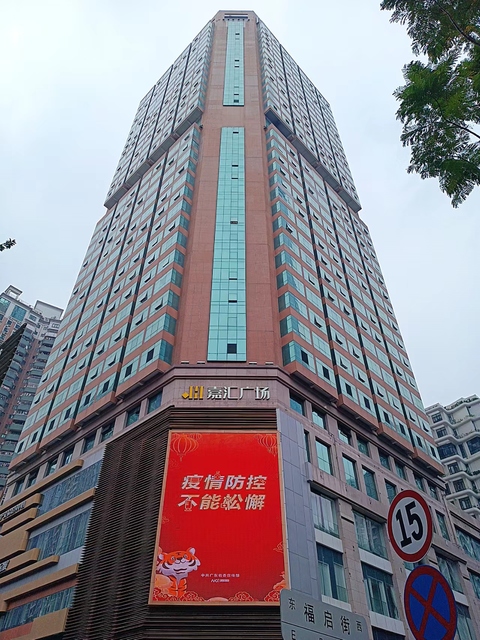

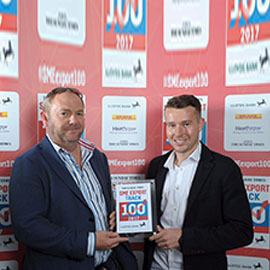
About brands of cpu processors
Where to Find CPU Processor Suppliers?
Global sourcing of CPU processors is increasingly centralized in China, particularly within Shenzhen and Zhengzhou, where integrated electronics manufacturing ecosystems support high-volume production and rapid component distribution. These regions host clusters of specialized technology firms with direct access to semiconductor logistics networks, enabling efficient procurement of both new and legacy processor models. Shenzhen’s supply chain advantage lies in its proximity to OEMs and after-market distributors, allowing suppliers to offer current-generation Intel and AMD CPUs alongside older industrial-grade chips used in embedded systems.
The industrial zones support vertical integration across testing, packaging, and quality verification processes. This infrastructure enables faster turnaround for bulk orders—typically 7–15 days post-payment—and supports flexible configurations including tray, boxed, or loose-die formats. Buyers benefit from localized technical expertise in binning, thermal calibration, and authenticity validation, reducing dependency on third-party inspection services. Cost efficiencies stem from reduced intermediary layers, with landed prices averaging 20–30% below retail equivalents in North America and Europe.
How to Choose CPU Processor Suppliers?
Procurement decisions should be guided by objective evaluation criteria focused on product integrity, operational reliability, and transaction security.
Product Authenticity & Technical Verification
Confirm processors are original branded units (Intel, AMD) by requiring batch numbers, serial traceability, and packaging type (tray vs. retail box). For mission-critical applications, request pre-shipment testing reports verifying clock speed, core count, and thermal design power (TDP). Avoid suppliers listing CPUs only by weight (e.g., per kilogram), as this often indicates scrap or non-functional components unsuitable for active deployment.
Production and Inventory Capacity
Assess supplier capability through key indicators:
- Minimum order quantity (MOQ) of 1–5 pieces for sample validation
- Stock availability of current-gen models (e.g., Intel Core i9-14900KF, AMD Ryzen 7 5700X3D)
- Dedicated inventory management for CPUs, with no indication of mixed e-waste sourcing
Cross-reference online revenue data and reorder rates to gauge market confidence—suppliers with reorder rates above 25% typically maintain consistent stock quality and fulfillment performance.
Transaction Security & Quality Assurance
Prioritize suppliers offering protected payment terms via escrow or trade assurance programs. Validate response time (ideally ≤3 hours) and on-time delivery rate (target ≥97%) as proxies for operational discipline. Conduct factory audits remotely using video walkthroughs to confirm dedicated storage conditions, anti-static handling protocols, and absence of refurbished or remarked chips in inventory.
What Are the Best CPU Processor Suppliers?
| Company Name | Main Products | Online Revenue | On-Time Delivery | Response Time | Reorder Rate | MOQ | Avg. Price Range |
|---|---|---|---|---|---|---|---|
| Shenzhen Eon Technology Co., Ltd. | CPUs, RAMs, Motherboards, Hard Drives | US $1,700,000+ | 97% | ≤3h | 16% | 1–2 pieces | $75–$137 |
| Zhengzhou Jingzhiquan Electronic Technology Co., Ltd. | Graphics Cards, Motherboards, Laptops | US $160,000+ | 99% | ≤2h | 26% | 1 piece | $183–$638 |
| Beijing Ronghua Kangweiye Technology Co., Ltd. | Custom Packaging Available | US $130,000+ | 100% | ≤2h | <15% | 1 piece | $15–$227 |
| Shenzhen Levensun Technology Co., Limited | CPUs, RAMs, Graphics Cards, Power Supplies | US $10,000+ | 100% | ≤6h | 50% | 1–5 pieces | $5–$300 |
| JAMNAGAR UGANDA LIMITED | CPU Scrap, Copper & Aluminum Scrap | Not specified | Data not available | ≤8h | Data not available | 25 kg | $4–$12/kg |
Performance Analysis
High-performing suppliers like Shenzhen Eon Technology and Zhengzhou Jingzhiquan demonstrate strong fulfillment metrics with on-time delivery exceeding 97%, MOQs as low as one unit, and competitive pricing on premium SKUs such as AMD Ryzen 9 5950X and Intel Core i7-11700. Notably, Shenzhen-based suppliers lead in responsiveness and scalability, with two achieving 100% on-time delivery and sub-3-hour response times. Beijing Ronghua stands out for customization capabilities, including label and packaging modifications—an advantage for resellers and system integrators.
In contrast, JAMNAGAR UGANDA LIMITED appears oriented toward electronic waste recovery rather than functional CPU sales, evidenced by kilogram-based pricing and association with scrap materials. Procurement teams should exercise caution when engaging such suppliers unless the intent is precious metal extraction or recycling operations.
FAQs
How to verify CPU processor authenticity?
Request original packaging, tray codes, and batch numbers matching manufacturer databases. Use diagnostic tools like CPU-Z or HWiNFO to validate core architecture and clock speeds upon receipt. Reputable suppliers provide clear photos of actual inventory—not stock images—and allow sample testing before bulk purchase.
What is the typical lead time for CPU processor orders?
Standard orders ship within 3–7 business days after payment confirmation. Custom packaging or large-volume requests may extend lead time to 10–14 days. Air freight delivery to North America or Europe averages 5–8 days.
Can suppliers provide samples for testing?
Yes, most established suppliers offer single-unit samples at commercial pricing. Some waive sample fees for subsequent bulk orders exceeding 10 units. Confirm whether the sample includes original packaging and warranty documentation.
Do suppliers support OEM/ODM customization?
Limited customization is available, primarily in labeling, branding, and packaging. True ODM manufacturing of CPUs is restricted to licensed fabs; however, certain suppliers offer private labeling for resale channels, subject to minimum order requirements.
Are there risks in sourcing CPUs by weight?
Yes. Pricing CPUs per kilogram typically indicates non-functional, damaged, or scrap-grade chips. Such units are unsuitable for computing applications and are intended solely for material recovery. Always confirm functional status, model specificity, and testability before procurement.


